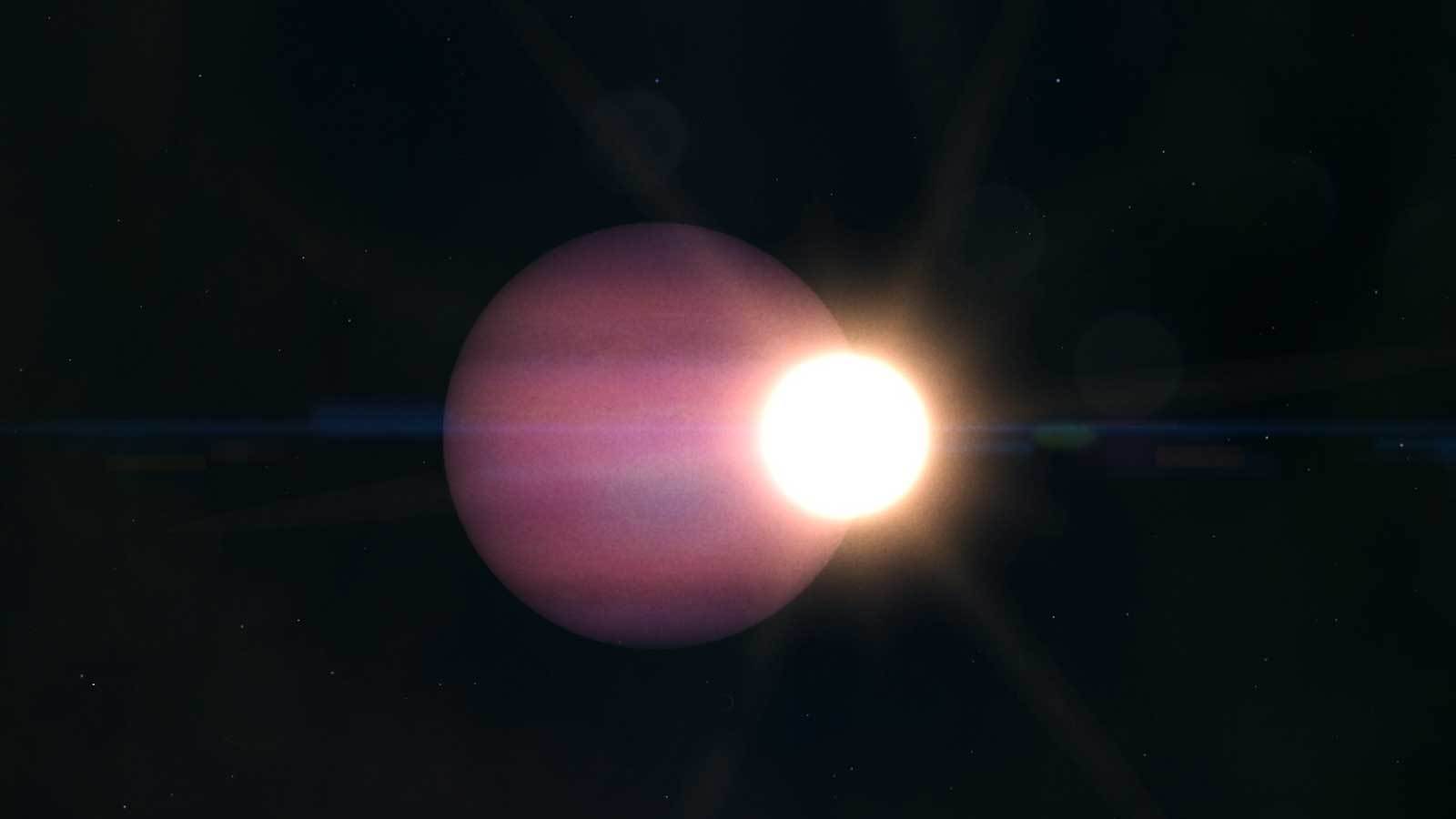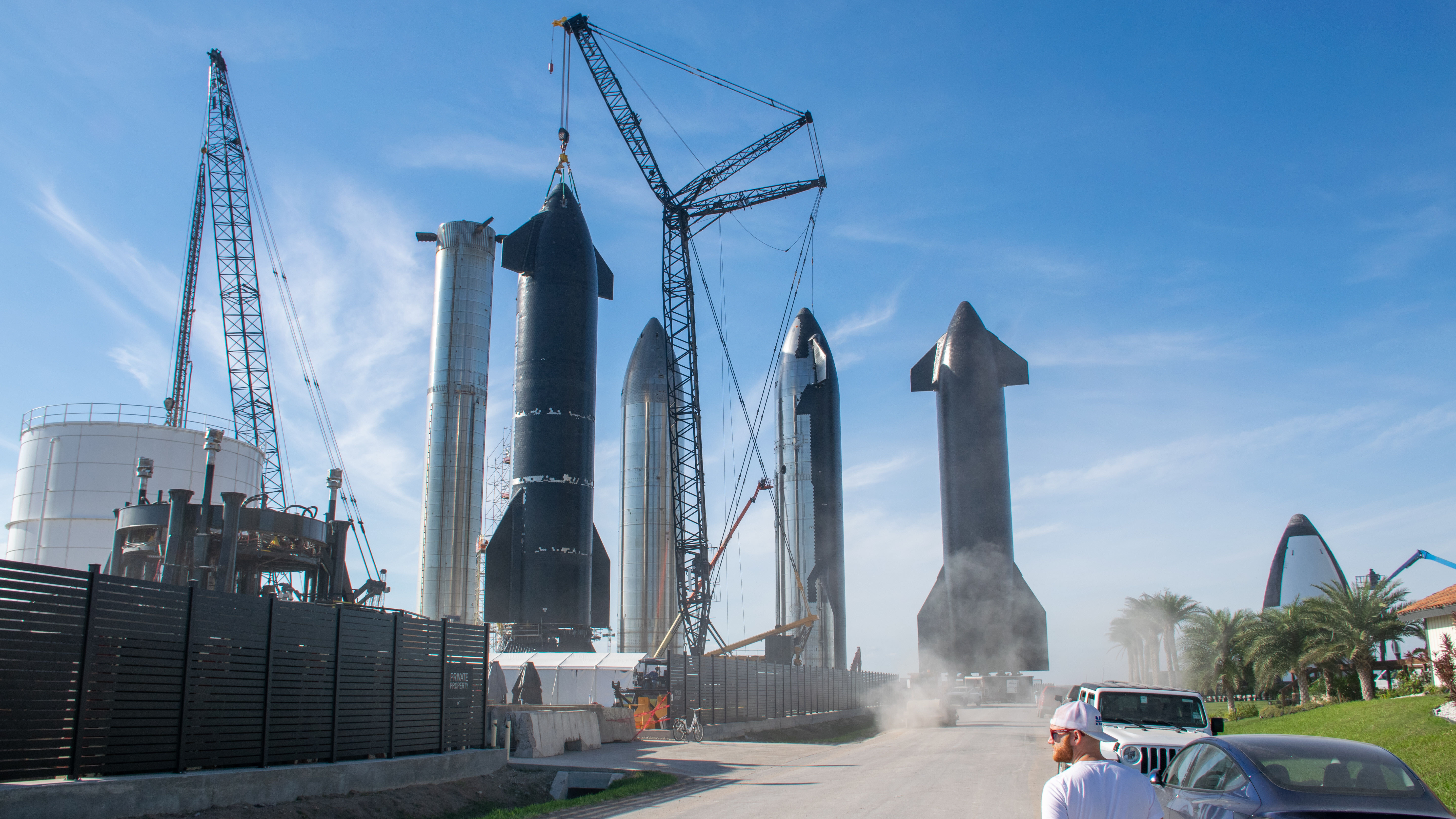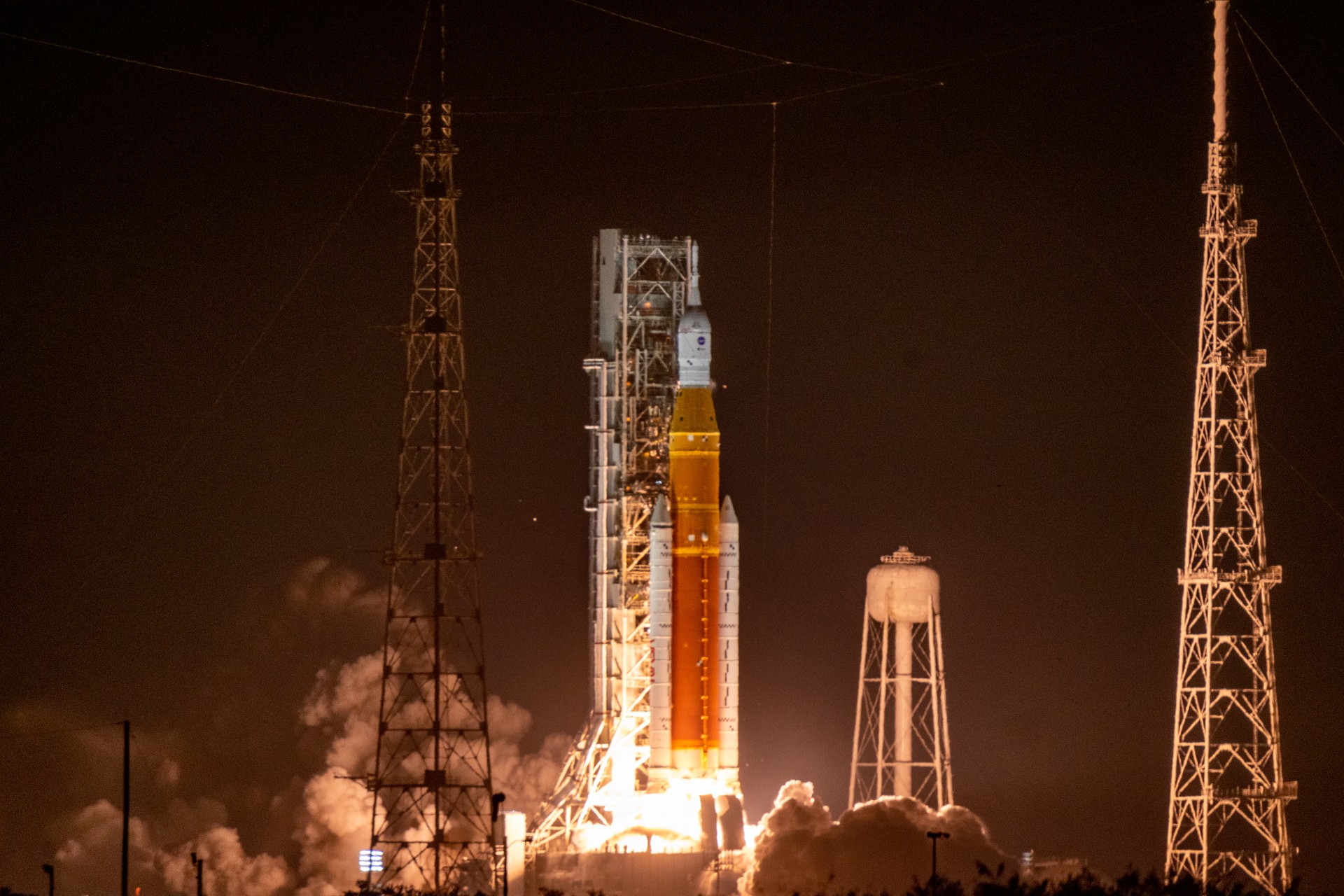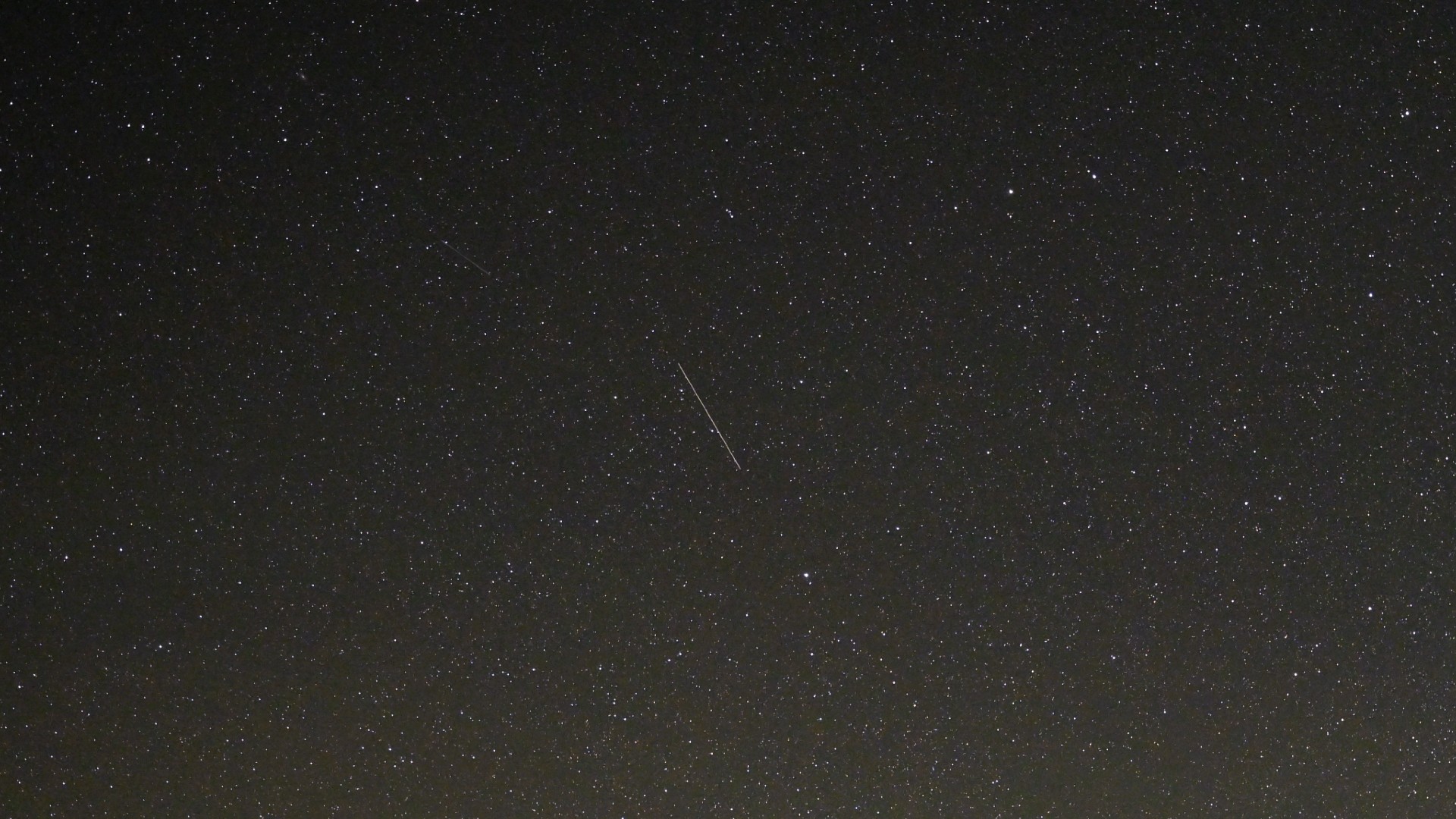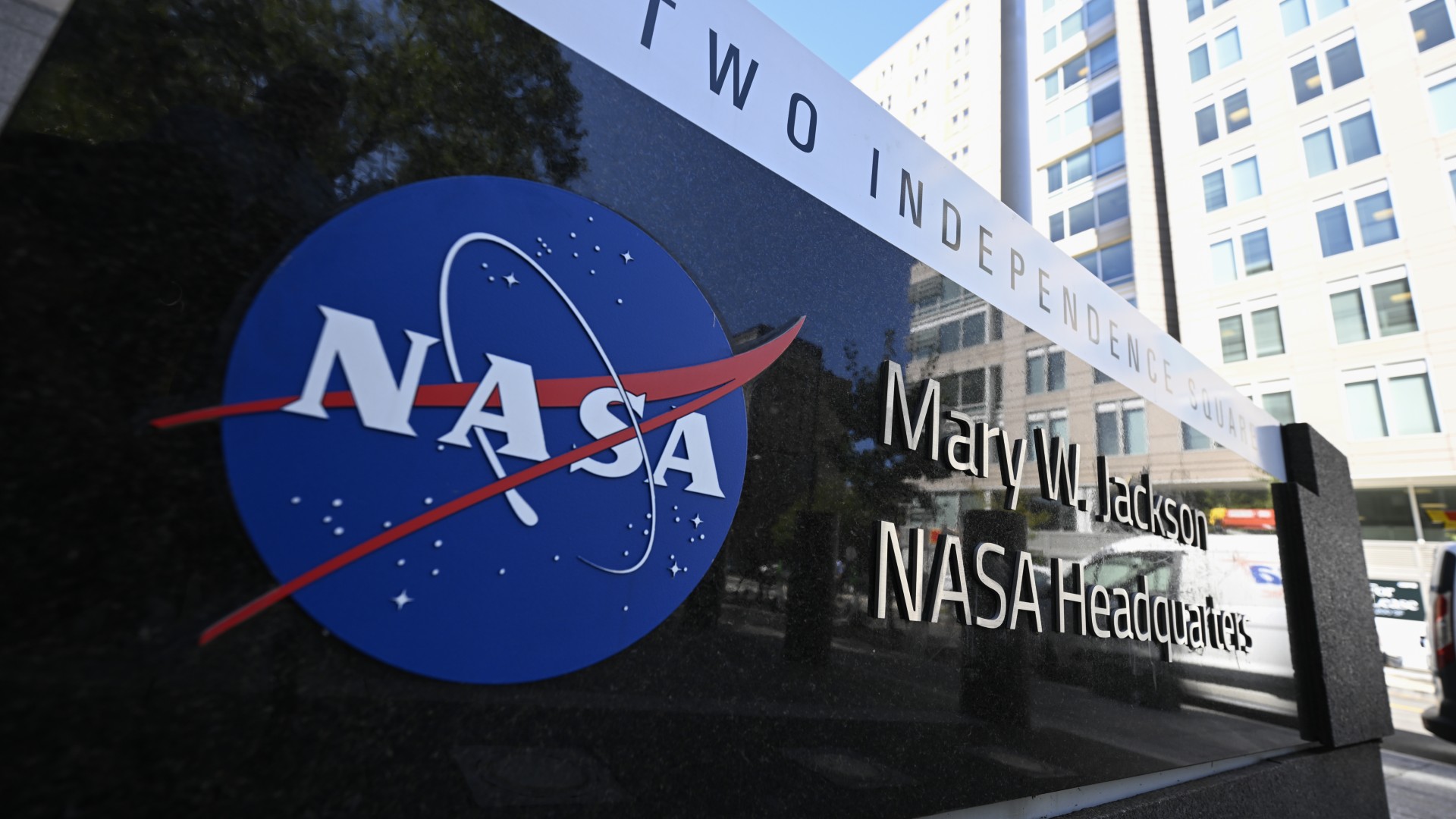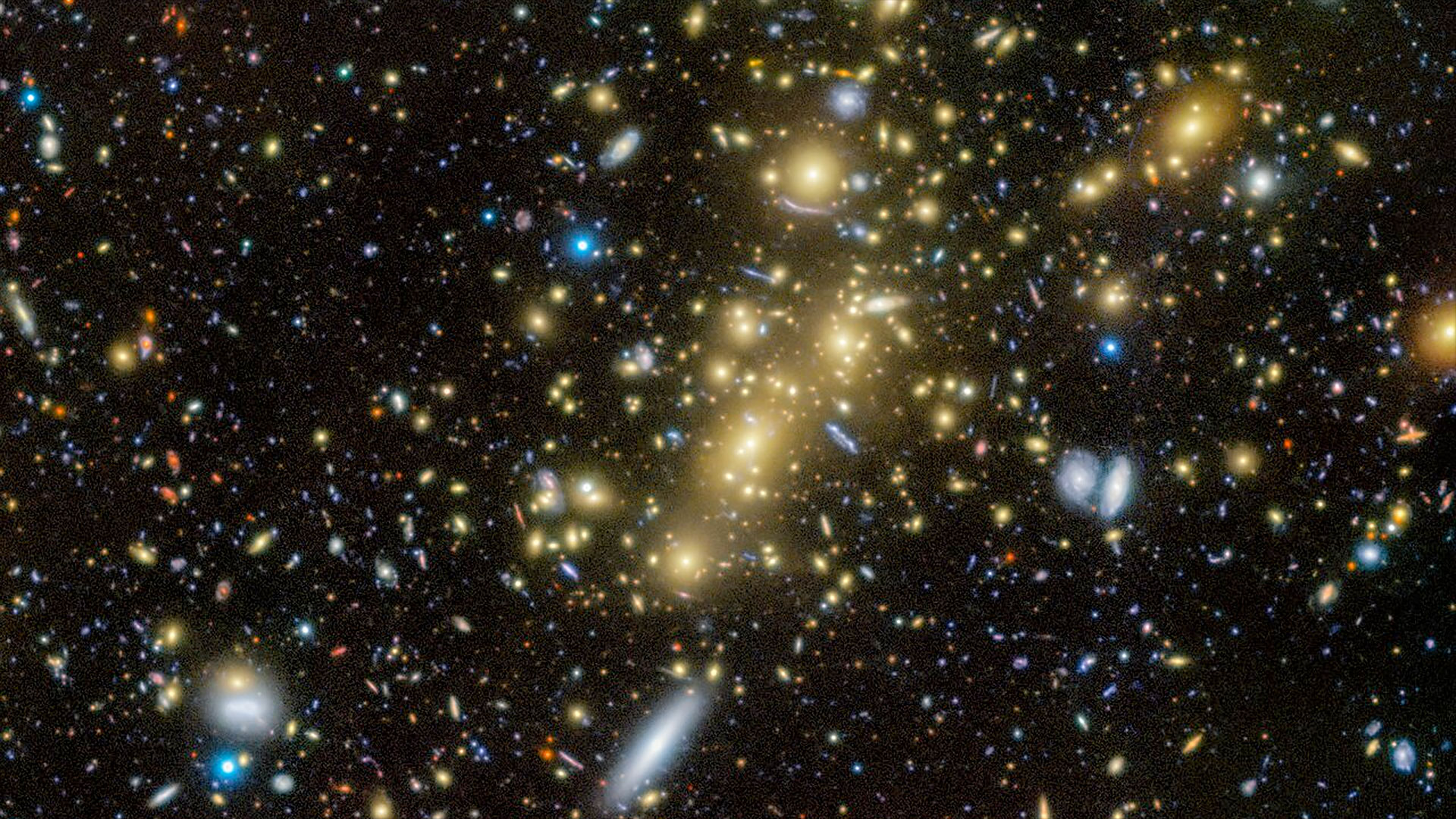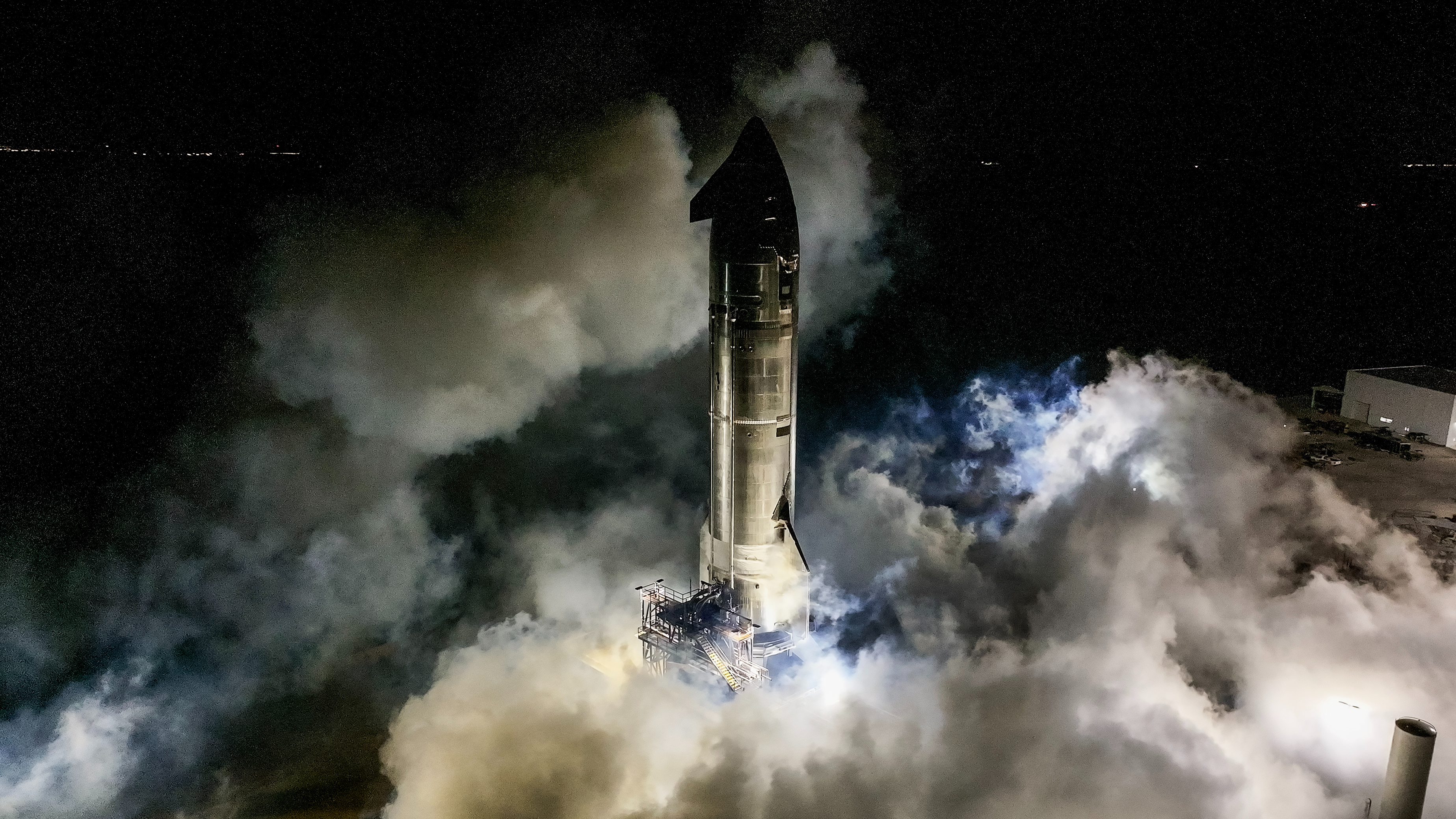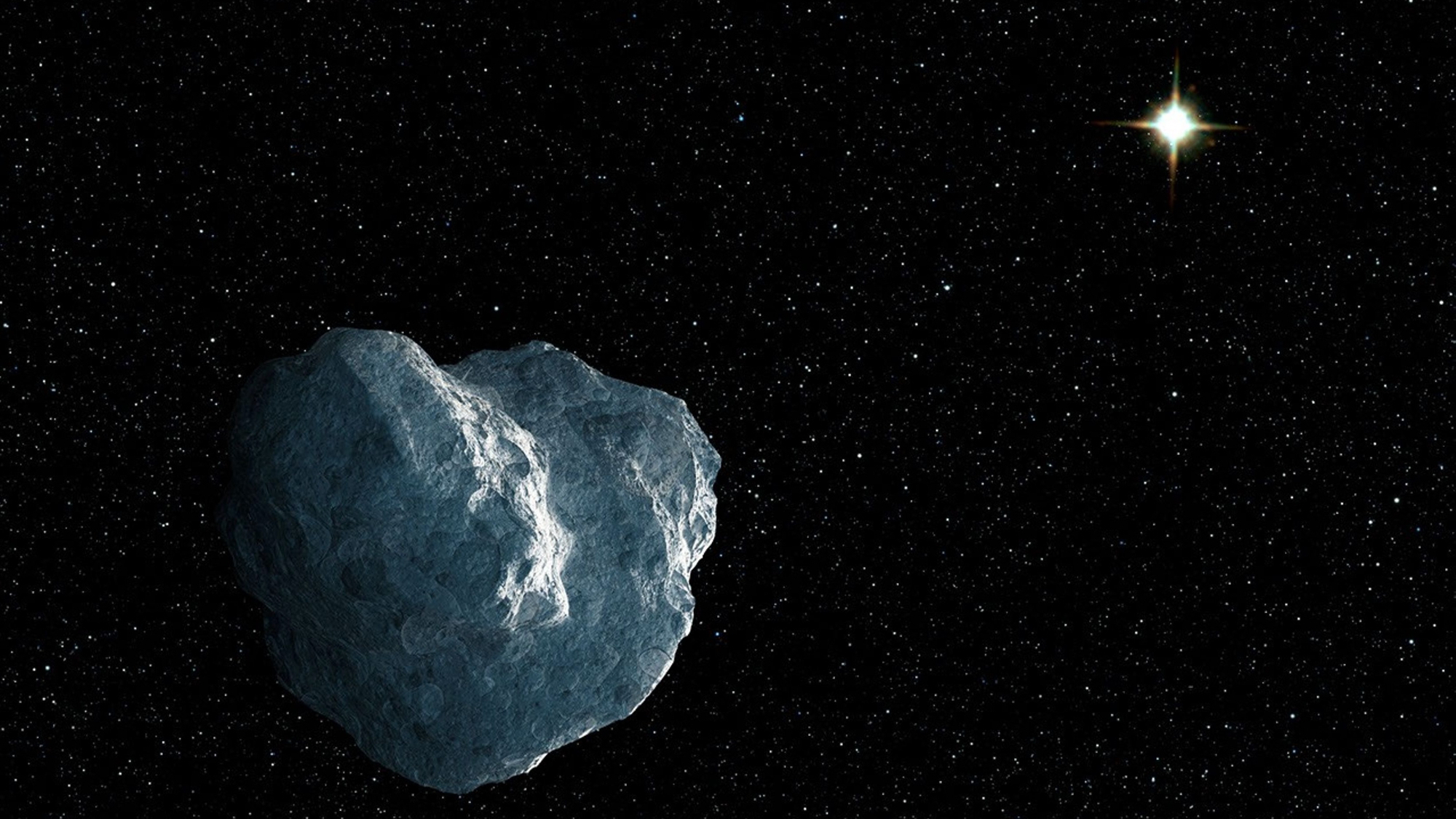Huge physics conference canceled at the last minute due to coronavirus fears
Many attendees had already traveled to the conference site in Denver.
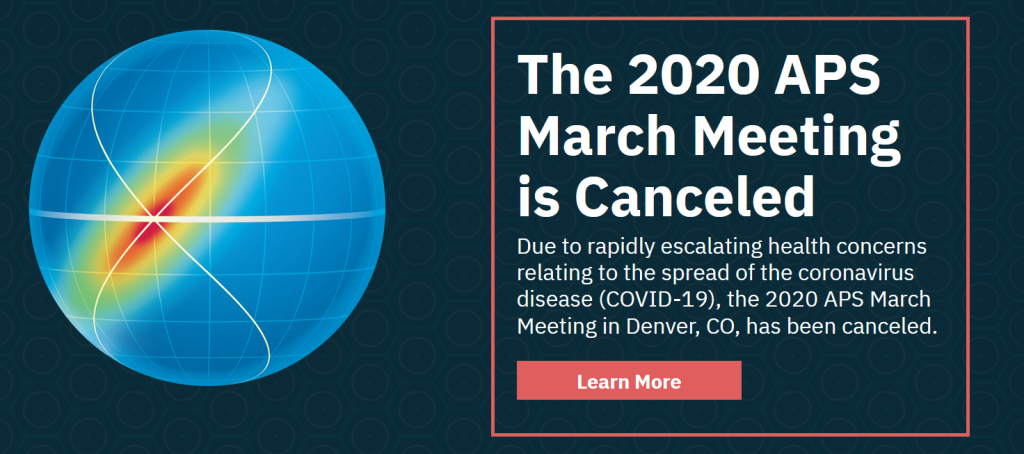
One of the world's largest and most important annual physics conferences was canceled this weekend due to COVID-19 coronavirus fears, less than a day and a half before the event was supposed to begin.
The American Physical Society (APS) March meeting was scheduled to take place in Denver between Monday (March 2) and Friday (March 6). Together with the organization's annual April meeting, the March gathering is one of the most important annual physics events, with talks and presentations covering nearly all of physics. The event also attracts thousands of guests from all over the world. On Saturday evening (Feb. 29), the organization announced that the conference would not be taking place and asked participants not to travel to Denver.
"Due to rapidly escalating health concerns relating to the spread of the coronavirus disease (COVID-19), the 2020 APS March meeting in Denver, CO, has been canceled," the organizers wrote on Twitter. "Please do not travel to Denver to attend the March meeting."
Related: Live updates on COVID-19
As many physicists pointed out in the replies, the short time between the announcement and the intended start of the meeting meant that many attendees had already arrived in Denver expecting to participate in the conference. Some physicists expressed concerns that those who had paid for the trip using grant money would miss out on being reimbursed due to rules governing grant reimbursements and canceled trips.
Neither the World Health Organization nor the U.S. Centers for Disease Control have recommended canceling major group gatherings. However, as The Verge reported, the ambiguity and lack of information regarding the virus has led organizers of many events to cancel anyway.
The APS put out this statement:
Get the Space.com Newsletter
Breaking space news, the latest updates on rocket launches, skywatching events and more!
"At its heart, the March meeting is a significant part of the annual cycle for sharing research, collaborating and networking. Thus, the cancellation of the 2020 meeting due to COVID-19 has left a substantial hole within the broad physics community. We would like to take this opportunity to remind presenters that APS has a system to upload presentations; provide a YouTube link, poster or other resource; and attach it to your abstract. The community then will be able to browse sessions, abstracts and presentations at their convenience. Sometime during the coming week, presenters will receive an email from APS with a personalized link that will enable you to upload their presentation or a link to YouTube. We strongly encourage all presenters to take advantage of this straightforward mechanism for sharing your research.
"In addition, we at APS are gratified to see on social media a number of spontaneous initiatives by individuals and small groups of researchers also aimed at enabling the sharing of research that would have been presented at the March meeting. APS would like to learn from and, to the extent possible, build upon these efforts. If you have organized such a resource (website, YouTube channel, webinar, etc.) around sharing research from the canceled meeting, we invite you to take a moment to fill out this form and tell us about it. Please be aware that many APS staff are currently focused on the logistics around the cancellation of the meeting itself, so we may not be able to respond or act in a timely manner to all submissions. We encourage you to share these efforts via Twitter using the #apsmarch hashtag."
- 12 coronavirus myths busted by science
- 27 devastating infectious diseases
- 11 surprising facts about the respiratory system
Originally published on Live Science.
OFFER: Save at least 56% with our latest magazine deal!
All About Space magazine takes you on an awe-inspiring journey through our solar system and beyond, from the amazing technology and spacecraft that enables humanity to venture into orbit, to the complexities of space science.
Join our Space Forums to keep talking space on the latest missions, night sky and more! And if you have a news tip, correction or comment, let us know at: community@space.com.
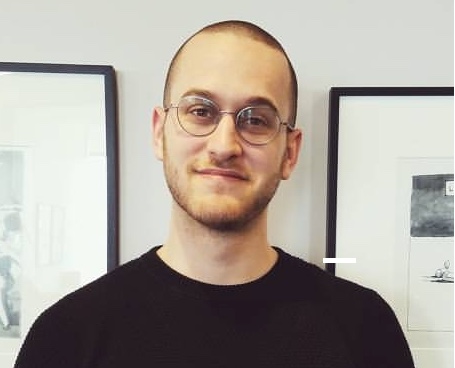
Rafi wrote for Live Science from 2017 until 2021, when he became a technical writer for IBM Quantum. He has a bachelor's degree in journalism from Northwestern University’s Medill School of journalism. You can find his past science reporting at Inverse, Business Insider and Popular Science, and his past photojournalism on the Flash90 wire service and in the pages of The Courier Post of southern New Jersey.


